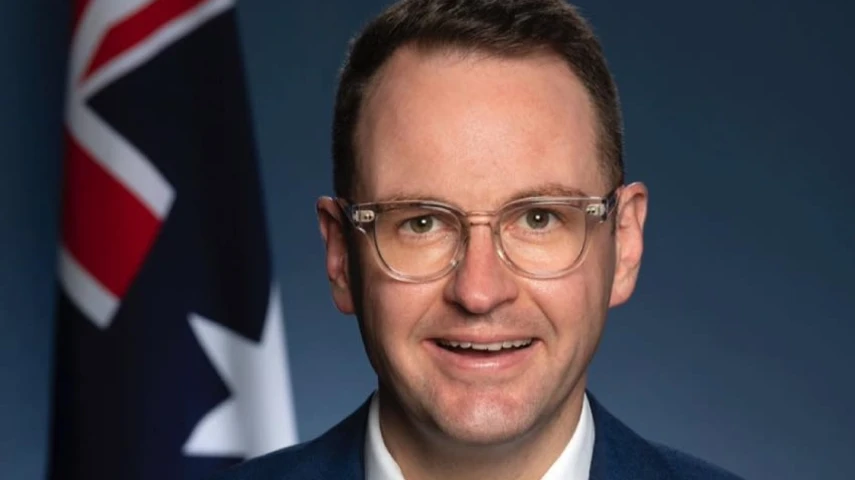Bragg cracks down on funds ‘working hard for unions’



Senator Andrew Bragg has doubled down on super funds regarding their contributions to unions and how they are handling regulatory fines, emphasising that they appear to be “working hard for unions, not people”.
At Thursday’s Senate economics committee hearing, Senator Andrew Bragg interrogated representatives from some of Australia’s largest super funds about their contributions to unions, alleging that funds spend some $40 million per annum on unions and related parties.
Questioned about AustralianSuper’s contributions to unions, representatives of the fund insisted that it does not “give” money to unions, but it instead has “commercial arrangements” with employer organisations and unions, the purpose of which is to acquire and retain members.
“Last year we had arrangements with 22 employer organisations and 16 unions, the total amount of the money to both groups was $2 million,” AustralianSuper chief strategy officer Paula Benson said, elaborating that $1.2 million went to unions.
She added that last year, AustralianSuper built relationships with 16,000 employers and attracted 445,000 members to the fund via these arrangements. “I think you would agree it’s a good investment,” Benson said.
Asked whether the fund contributes money to the Construction, Forestry and Maritime Employees Union (CFMEU), the executive said it does not.
Earlier in the day, the CEO of Cbus also fronted the committee where he defended the fund’s relationship with the union, divulging that the fund enjoys “huge benefit” from its financial support of the controversial union.
Cbus CEO Kristian Fok said the benefits include direct communication with the construction industry, as well as raising awareness about the fund’s unique offerings.
“There is a huge benefit and a strong reason for us to reach out to people in the construction industry around the issues that are relevant in terms of our differentiated products,” he said.
In FY2022–23, super funds contributed some $4 million to the CFMEU, with Cbus accounting for the largest portion of that amount.
Bragg also probed funds on how they service regulatory fines, noting in a post-hearing statement that “every super fund appearing today stated they would use their members’ money to pay regulatory fines”.
During the session, Benson clarified that fines received by AustraliaSuper are covered by funds from the “trustee risk reserve” – derived from administration fees and investment returns.
Asked whether that essentially means member funds are used to pay fines, Benson said, “Yes”.
“That seems like a good system for the shareholders, they pull millions of dollars out of AustralianSuper each year, and they’re not on the hook for any of the fines that may be committed by the trustee. What a country,” Bragg said in response to the executive’s assertion.
Probing how Cbus intends to service a possible fine from the Australian Securities and Investments Commission (ASIC) in relation to the regulator’s civil penalty proceedings against its trustee, the fund’s CEO refused to “speculate”.
However, in his post-hearing statement, Bragg asserted that regulatory fines derived from Cbus’ insurance failures will be paid by members.
“Members should not pay for the sins of the trustees,” the senator said.
Earlier this week, the corporate regulator said it has filed civil penalty proceedings against United Super, the trustee of Cbus, for failing to process over 10,000 claims for death and total permanent disability benefits in a timely manner, impacting more than 6,500 members.
The fund, in a statement this week, said it will invite ASIC to engage in alternative dispute resolution processes to avoid protracted litigation. However, it is widely expected that the regulator will reject this request.
Recommended for you
While the Liberal senator has accused super funds of locking everyday Australians out of the housing market, industry advocates say the Coalition’s policy would only push home ownership further out of reach.
Australia’s largest superannuation fund has confirmed all members who had funds stolen during the recent cyber fraud crime have been reimbursed.
As institutional investors grapple with shifting sentiment towards US equities and fresh uncertainty surrounding tariffs, Australia’s Aware Super is sticking to a disciplined, diversified playbook.
Market volatility continued to weigh on fund returns last month, with persistent uncertainty making it difficult to pinpoint how returns will fare in April.










